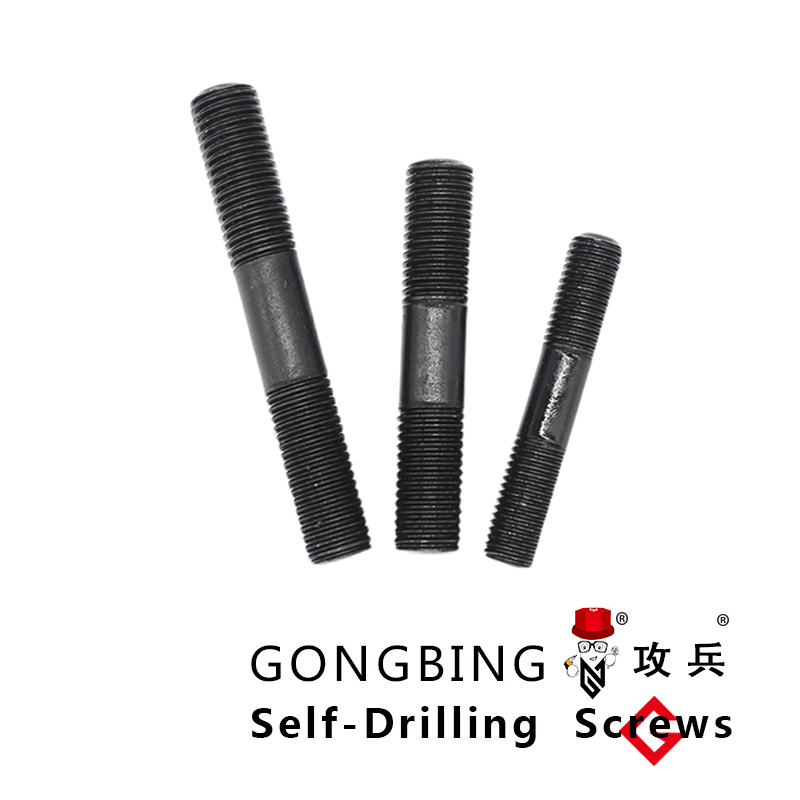Fixing Solutions for Resin Bolts and Studs in Various Applications
Understanding Resin Bolt and Stud Fixing Systems
In the world of construction and engineering, the choice of fastening systems is crucial for ensuring the stability and durability of structures. Among various methods of anchoring and fixing, resin bolt and stud fixing systems have gained increased popularity due to their strength, versatility, and ease of use. This article provides an overview of resin bolt and stud fixing technologies and their applications.
What are Resin Bolts and Studs?
Resin bolts and studs are fastening systems that use a resin-based adhesive to secure bolts or steel studs into concrete or masonry substrates. The resin is generally composed of a two-part epoxy or polyester that cures upon mixing. When the resin is injected into a pre-drilled hole along with the bolt or stud, it forms a strong bond as it hardens, effectively anchoring the fastener in place.
One of the standout features of resin systems is their ability to accommodate various environmental conditions. They can perform effectively in both dry and wet conditions and have a high resistance to chemical degradation. These properties make resin bolts and studs ideal for use in demanding environments, such as in marine, industrial, or chemical processing applications.
Advantages of Resin Bolt and Stud Fixing
1. High Load Capacity Resin fixings are known for their impressive load-bearing characteristics. When properly installed, they can handle substantial tensile and shear loads, making them suitable for heavy-duty applications.
2. Versatility Resin systems can be used in a variety of base materials, including concrete, brick, and stone. They are particularly advantageous for fixing into hollow or soft substrates where traditional mechanical anchors may not perform adequately.
3. Reduced Risk of Damage The installation of resin bolts and studs minimizes the risk of cracking or spalling in the existing structure. This is particularly important in sensitive areas where structural integrity is critical, such as in historical buildings or near vital infrastructure.
4. Temperature Resistance Many resin products are designed to withstand extreme temperatures, providing reliability in harsh environmental conditions. This is crucial for applications such as electrical installations or structural reinforcements.
resin bolt and stud fix

5. Ease of Installation The installation process is relatively straightforward. Drilling a hole, injecting the resin, and inserting the bolt or stud can typically be completed quickly, reducing labor time and costs.
Applications of Resin Bolt and Stud Fixing Systems
Resin bolts and studs find extensive applications across various sectors
- Construction They are commonly used to secure steel structures, supports, and brackets in both new builds and renovations.
- Manufacturing In industries where heavy machinery is installed, resin systems provide robust anchoring solutions that can withstand vibrations and dynamic loads.
- Infrastructure Bridges and tunnels benefit from resin anchoring, providing necessary support without compromising the structural integrity of the surrounding materials.
- Electrical Installations Electrical equipment and conduits can be securely mounted in concrete or masonry using resin fixing systems, ensuring a stable and safe installation.
Conclusion
In conclusion, resin bolt and stud fixing systems present a reliable and efficient solution for various fastening needs in construction and engineering. Their high load capacity, versatility, and ease of installation make them an attractive option for both new projects and repairs. As technology advances, the development of even more resilient and effective resin systems promises to enhance their application across numerous industries, contributing to safer and more robust structures. Whether for commercial, industrial, or residential use, opting for resin-based fixing solutions can lead to long-lasting and secure results.
-
Weatherproof Plastic Expansion Anchors for OutdoorNewsJun.06,2025
-
Sustainability in the Supply Chain: Eco-Friendly TEK Screws ProductionNewsJun.06,2025
-
Load-Bearing Capacity of External Insulation FixingsNewsJun.06,2025
-
Double Head Bolts: Enhancing Efficiency in Industrial MachineryNewsJun.06,2025
-
Corrosion Resistance in Chipboard Screws: Coatings for Wholesale DurabilityNewsJun.06,2025
-
Butterfly Toggle Bolts : Enhancing Structural ResilienceNewsJun.06,2025
